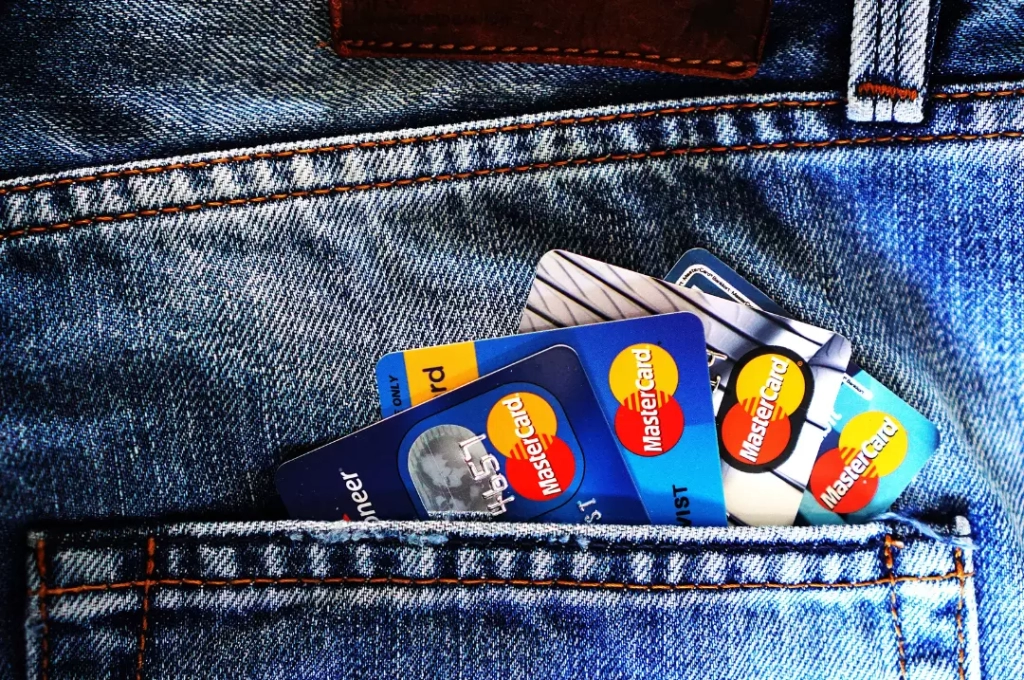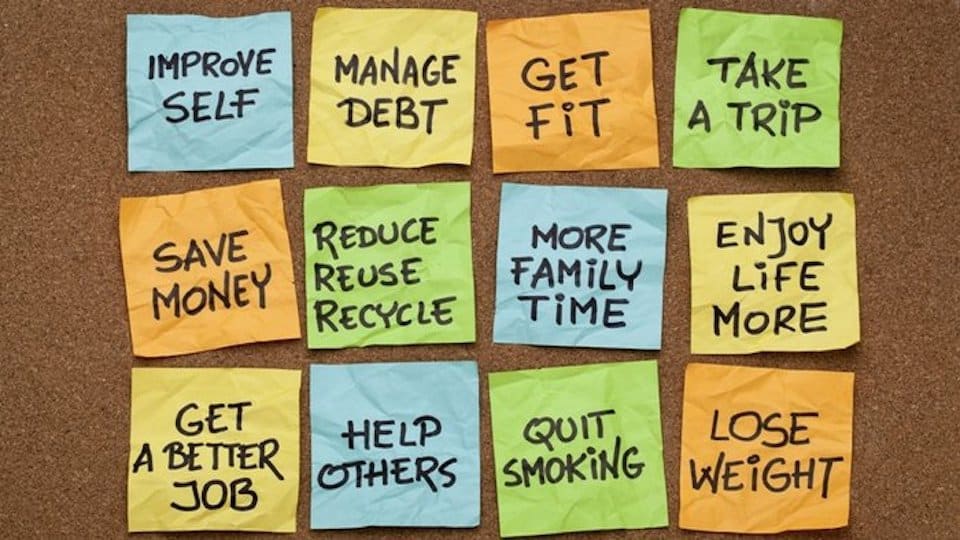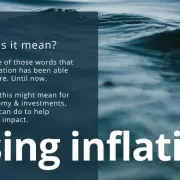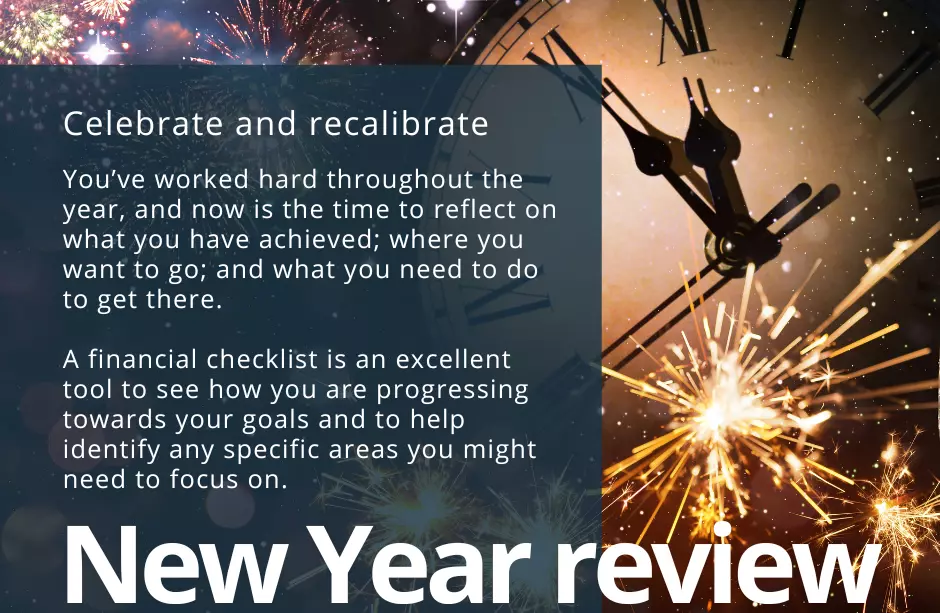How to fix your credit score?
Table of Contents
ToggleAre you struggling to make sense of your credit score? Do you feel powerless about understanding how it works and what impacts it? Don’t despair – there is a lot that can be done to improve your credit score.
In this blog post, we will take you through the key steps that can help put you on the path to a better credit rating and free up some of the financial stress.
Get ready to boost your knowledge and improve your financial situation with our tips for fixing up your credit score!
How to fix your credit score?
Understand how your credit score is calculated
Your credit score is a reflection of your creditworthiness, and it plays a critical role in your financial life.
Understanding how your credit score is calculated can help you make informed decisions about your finances. It takes into consideration a range of factors, including your payment history, credit utilisation, length of credit history, types of credit used and recent credit inquiries.
By keeping a track of these factors and making regular payments on time, you can build a good credit score, which can open up opportunities for better loans, credit cards and other financial products.
So take a moment to explore your credit report and make sure you’re taking the necessary steps towards a bright financial future.
Check your credit report for errors and dispute any inaccurate information
Your credit score can significantly impact your financial wellbeing, so it’s crucial to ensure that it’s an accurate reflection of your credit history.
Consumers are entitled to one free credit report per year from each of the three credit reporting agencies. Therefore, it’s worth taking advantage of this opportunity to review your credit report and check for any errors or inaccuracies.
Whether it’s a wrong payment status or an incorrect address, any inaccurate information can adversely affect your credit score and potentially prevent you from getting approved for a loan or credit card.
As such, it’s essential to dispute any incorrect details with the credit bureau and provide supporting documents to correct it. By doing so, you can safeguard your creditworthiness and avoid any financial repercussions in the future.
Improve your payment history by making regular payments on time
Paying your bills on time is essential for maintaining a good credit score and financial stability.
If you’re struggling to keep up with payments or have a history of late payments, don’t be discouraged.
By making a conscious effort to pay regularly and on time, you can improve your payment history and avoid costly penalties and fees.
Set reminders or automate payments to ensure you never miss a due date, and consider creating a budget to help you stay on track.
Making small changes to your payment habits can have a big impact on your finances, so start today and watch as your payment history improves over time.
Reduce your debt-to-income ratio by paying off debts or consolidating them
Managing debt can be a daunting task, but reducing your debt-to-income ratio is essential for a healthy financial landscape.
By paying off debts or consolidating them, you can take control of your finances and improve your credit score.
A high debt-to-income ratio can negatively impact your ability to secure loans or credit in the future, so it’s important to take action now.
Consider creating a budget, prioritising high-interest debts, and exploring debt consolidation options to help you achieve your goals.
With dedication and discipline, you can reduce your debt-to-income ratio and set yourself up for a brighter financial future.

Use financial tools like budgeting apps to help you stay organised and track your spending
In today’s fast-paced world, managing finances can be a daunting task. With the rise of various financial tools and budgeting apps, it’s now easier than ever to stay organised and track your spending.
From Mint to PocketGuard, these apps can help you visually plan out your budgets, monitor your bank accounts, and categorise your expenses on-the-go.
Many of these tools also offer features like bill reminders and credit score tracking, making your financial life a little bit easier to manage.
With so many options available, it’s important to do your research and find the app or tool that works best for your needs.
By taking advantage of these financial tools, you can take control of your finances and achieve your financial goals.
Build a positive credit history by using credit cards responsibly and paying off balances each month
Building a positive credit history is a crucial step in achieving financial stability, and one effective way to do this is by using credit cards responsibly.
When used correctly, credit cards can benefit your credit score and lead to better financing options in the future. However, it’s essential to focus on responsible usage, which means using credit only when needed and paying off balances in full each month. This not only helps to avoid high interest rates and penalties but also shows creditors that you are a responsible borrower.
If you’re looking to build a healthy credit history in Australia, remember to use your credit card wisely and pay your balances in full to reap the benefits.

How to check your credit score?
It is essential to check your credit score for financial stability. You can get your credit score from various sources such as online credit score providers, credit reporting agencies, or your bank/credit card provider.
Typically, you will receive your report online within one to two days. Alternatively, it may take up to 10 days to receive your report via email or post.
It is possible for multiple agencies to possess varying information, which means you may possess a credit report from more than a single agency.
Checking your credit score on a regular basis can assist in identifying any incorrect or fraudulent actions that can harm your credit standing.
Having a good credit score can provide you with wider credit opportunities, including loans and credit cards with lower interest rates, enabling you to achieve your financial objectives easily.
How do I clear my bad credit history?
Having a bad credit history can be stressful and overwhelming, but it’s not a permanent status. There are steps you can take to clear your bad credit history in Australia.
- Check your credit report and identify any errors.
- Once you’ve identified them, dispute them with the credit reporting agency. If the errors are removed from your report, your credit score will improve.
- Negotiate with your creditors to create a payment plan that works for you.
Paying off your debts on time will positively impact your credit score.
Additionally, avoid applying for new credit cards or loans until your credit score improves.
It takes time and effort, but with determination and patience, you can clear your bad credit history.
Is it true that after 7 years your credit is clear?
Credit is a crucial aspect of our financial lives, and it’s only natural to want to know when it will be in the clear.
The idea that credit clears after 7 years is a common misconception. The truth is, negative credit information can be listed for up to 5 years, while bankruptcies can remain on your credit file for up to 7 years.
However, this doesn’t mean your credit will be automatically clear after this period. Your credit score will still be impacted by your financial behaviour and habits.
Keeping on top of your payments and using credit responsibly will ultimately lead to a better credit score and financial health.
So, while it may take time, it’s never too late to improve your credit score and take control of your financial future.
How can I raise my credit score in 30 days?
If you’re looking to raise your credit score quickly, there are several things you can do.
- Make sure you’re paying all of your bills on time. Late payments can have a significant negative impact on your credit score.
- Consider paying down any outstanding balances on your credit cards or other loans. Having a high amount of debt can hurt your score.
- Check your credit report for errors. If you find any mistakes, dispute them with the credit reporting agency.
- Avoid opening any new credit accounts or taking on additional debt if possible.
By following these tips, you can potentially see an improvement in your credit score in just 30 days.

Credit is an essential tool, and taking the time to understand how it works and build up a good record can be very beneficial for your future.









